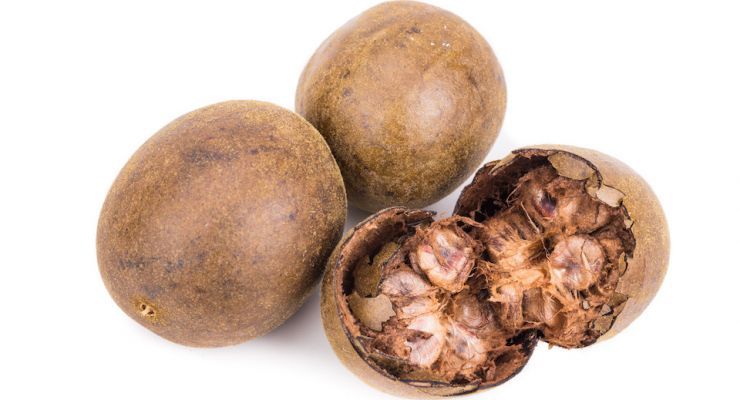You’ve heard of Stevia, xylitol, honey, and numerous other natural, healthy sugar substitutes. You’ve probably also heard of things like aspartame, saccharin, and sucralose, chemically created artificial sweeteners that have been banned numerous times due to carcinogenic connections. In this world of naturally sweet, artificially sweet, pure sugar, low-calorie, and no-calorie, finding the right way to sweeten your morning cup of joe can seem like a complicated equation. In case you weren’t confused enough already, there’s now another contender on the scene…monk fruit. So what is this sweetener, and is it actually healthy? Let’s break it down.
What is monk fruit?
Monk fruit or luo han guo, is a small green gourd that resembles a melon, though not quite as visually appealing. It is native to Southeast Asia, where it has been used for years as a sweetener. It is only in the last decade that it was approved by the FDA for consumption in America, which means that many people are still unaware of this fantastic sugar substitute.
Because monk fruit doesn’t store or ship well, it is rarely sold in fruit form and is instead pressed into extracts or crystallized for a multipurpose sweetener that is 100-250 times sweeter than sugar, similar to Stevia. Unlike most fruit, the sweetness in monk fruit doesn’t come from natural sugars, but rather from unique antioxidants called mogrosides. During processing, these mogrosides are separated from the juice, which means that the extract you use to sweeten your food doesn’t contain any fructose or glucose. Naturally, this means that monk fruit extract is a totally calorie-free sweetener.
Keep in mind, since the flavor is so intensely sweet, many manufacturers combine it with other ingredients such as inulin or erythritol, to help reduce some of the sweetness. It may also be combined with processed sugar, which means that it is no longer calorie-free. This could be a factor to consider as you search for the best brand to buy. Also, always start with less, taste, and add more as needed. You’ll be surprised by how little you need to achieve optimal sweetness.
Benefits of monk fruit extract
Could aid weight loss
Since research surrounding monk fruit is still relatively new, there is no conclusive evidence to suggest that it has a long-term effect on weight loss. However, switching from regular, processed sugar to this natural, calorie-free option could certainly have an impact on your waistline. Some studies suggest that it could help curb your appetite and prevent you from eating empty calories.
Available in liquid, powder, and granule forms
Monk fruit extract is incredibly versatile and comes in numerous forms that are easy to incorporate into food or drink. While baking, you may have to adjust measurements as it is not a 1:1 sugar to monk fruit ratio.
Great for those with diabetes
Monk fruit does not impact blood sugar levels, which means that it is an excellent choice for those with diabetes. Certain studies in mice with diabetes have even shown that monk fruit extract may actually reduce blood sugar levels and contribute to lower oxidative stress and blood sugar levels, as well as increased HDL (good) cholesterol.
Downsides
Hard to find
Since monk fruit hasn’t yet burst the media bubble and entered into mainstream consciousness, it’s unlikely that it would be an option at your local Starbucks. You may be able to find it at a specialized health food store, but you’re probably better off buying it online from a reputable source.
May have an aftertaste
Some people report an unpleasant fruity aftertaste following monk fruit extract consumption. Remember, this is all down to personal opinion, as many are turned away from the unique flavor of stevia as well. Similar to that, it may simply take time to get used to the taste.
Remember, as always, enjoy even good things in moderation. Though monk fruit is a natural, calorie-free sweetener, it is still a sweetener that is hundreds of times sweeter than sugar. Overconsumption could lead to cravings for more sweets, which could defeat the purpose of a natural sweetener altogether. Monk fruit extract is a great tool to help wean you off of processed sugar, but that doesn’t mean you should go crazy and eat it with everything. Use it as needed and try to satisfy your sweet tooth by enjoying fresh fruit that delivers other nutrients and minerals and is a source of natural sugar.
-Susan Patterson

